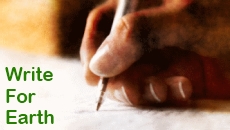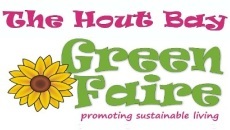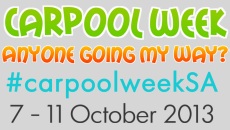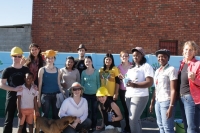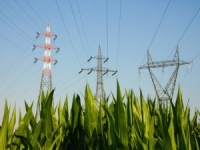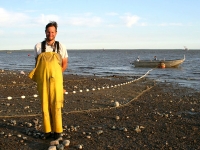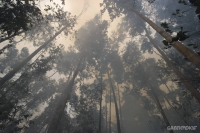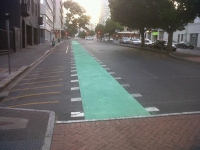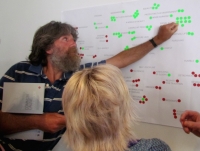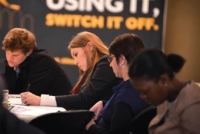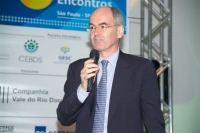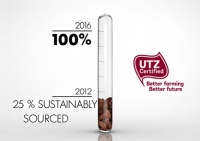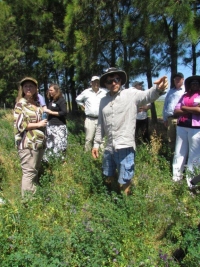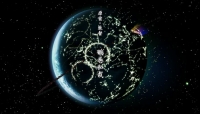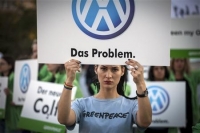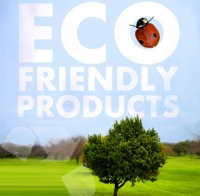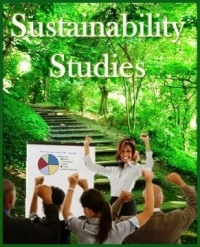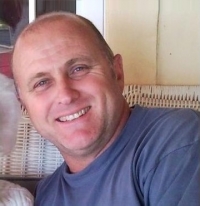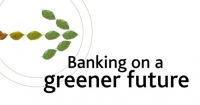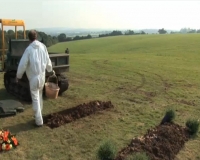Do you know how local governments are greening up and developing their sustainability endeavours? If you're like most people, you don't, so read on to change that.
As the global population expands to 9 billion by 2050, we are set to spend trillions of dollars on supporting infrastructure that is likely to damage our climate.
Future of Fish is a nonprofit that is helping entrepreneurs who hope to reinvent the seafood industry by attacking problems throughout the long supply chains used by today's industrialized fisheries.
Have you started a business making a product that enables others to live more sustainably? This might be your chance to get your story told!
Indonesia’s Minister of Agriculture Suswono has praised sustainable palm oil practice in Dosan village, and says this initiative is a perfect example of the way large palm oil producers can remain profitable without further destroying the forests.
In an attempt to make cycling safer and reduce inner-city traffic, the cycle lane in Bree Street between Strand Street and Waterkant has been colourised green as a test phase.
Take a few moments to imagine what you would like our world to look like in 20 years’ time. Look at your neighbourhood, your town, your school and your work. What would be different in the healthy, sustainable world we are working towards? What would it sound and smell like? What would people be talking about?
Green Economy is a term that is often used in a broad or very loose context. It is not simply a synonym for a low-carbon economy and it is also not a business club of organisations who have employed environmental PR agencies. Green economics is concerned with a system of environmentally responsible organisations that exist and grow because they do business with each other – they consistently increase the extent to which they produce and consume greener products and services.
Imagine opening a newspaper and reading that across the world fish stocks are recovering, forests are growing back, droughts and extreme weather events are declining and carbon dioxide levels are dropping. That’s what John Elkington describes when asked to imagine what real progress on sustainability would look like.
Chocolate may be one of those ‘guilty pleasures’, but now that 25% of the cocoa that Woolworths is sourcing for its boxed chocolate range is certified sustainable, you now have another reason for chocolate to make you feel good.
The future food security in our country this week received a great boost with the announcement that South Africa’s green bank Nedbank has invested R8.3 million into the WWF-SA Sustainable Agriculture Programme.
Minister of Science and Technology Derek Hanekom delivered a keynote address at a panel discussion that explored how science and technology can provide solutions for challenges regarding global sustainability in sub-Saharan Africa.
A German study has been published, offering a breakdown of the greenest premium carmakers in Germany. Meanwhile, Greenpeace's issues with Volkswagen continue.
South Africa has already made notable progress towards converting to more sustainable buildings, with a number of big corporate brands converting their corporate buildings to greener buildings.
An independent eco-label has been introduced, offering internationally competitive recognition for the local manufacturing sector to develop and market environmentally-responsible products.
Sustainability is fast becoming the most vital focus area of businesses seeking to remain competitive and remain "ahead of the curve."
Nobody is exempt from responsibility in our fast developing sustainable society. But if there’s one sector that has the lion’s share to contribute, it is probably the business world.
For the sixth consecutive year, Nedbank Group has been included on the Dow Jones Sustainability Index; one of only two South African financial institutions and five South African companies to feature on this important benchmark of global corporate sustainability.
Burnt, buried or frozen and turned to powder are some of the options for dealing with the remains of a loved one whose last wishes include lessening death's environmental impact.
The Gaia Education Design for Sustainability (GEDS) course has become an important reference in the field of sustainability. The course is based on the four key dimensions of sustainability proposed by Gaia Education - the social, ecological, economic and worldview dimensions – as an integral and holistic approach to sustainable design.


